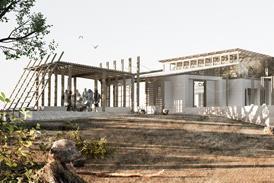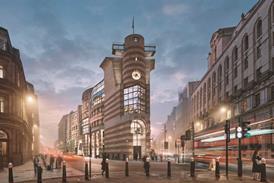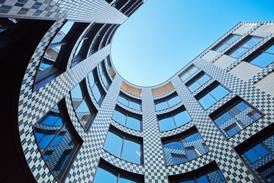- Home
- Intelligence for Architects
- Subscribe
- Jobs
- Events

2025 events calendar Explore now 
Keep up to date
Find out more
- Programmes
- CPD
- More from navigation items
Selldorf’s Sainsbury Wing overhaul unanimously approved

Controversial plans to remodel grade I-listed landmark given go ahead yesterday evening
Westminster council has voted unanimously to approve Selldorf’s highly controversial plans to remodel the grade I-listed Sainsbury Wing at the National Gallery.
The planning officer’s recommendation to approve the scheme was backed by councillors at a Westminster planning meeting yesterday evening, despite an outcry from heritage campaigners and the building’s original architect.
…
This content is available to registered users | Already registered?Login here
You are not currently logged in.
To continue reading this story, sign up for free guest access
Existing Subscriber? LOGIN
REGISTER for free access on selected stories and sign up for email alerts. You get:
- Up to the minute architecture news from around the UK
- Breaking, daily and weekly e-newsletters
Subscribe to Building Design and you will benefit from:

- Unlimited news
- Reviews of the latest buildings from all corners of the world
- Technical studies
- Full access to all our online archives
- PLUS you will receive a digital copy of WA100 worth over £45
Subscribe now for unlimited access.






